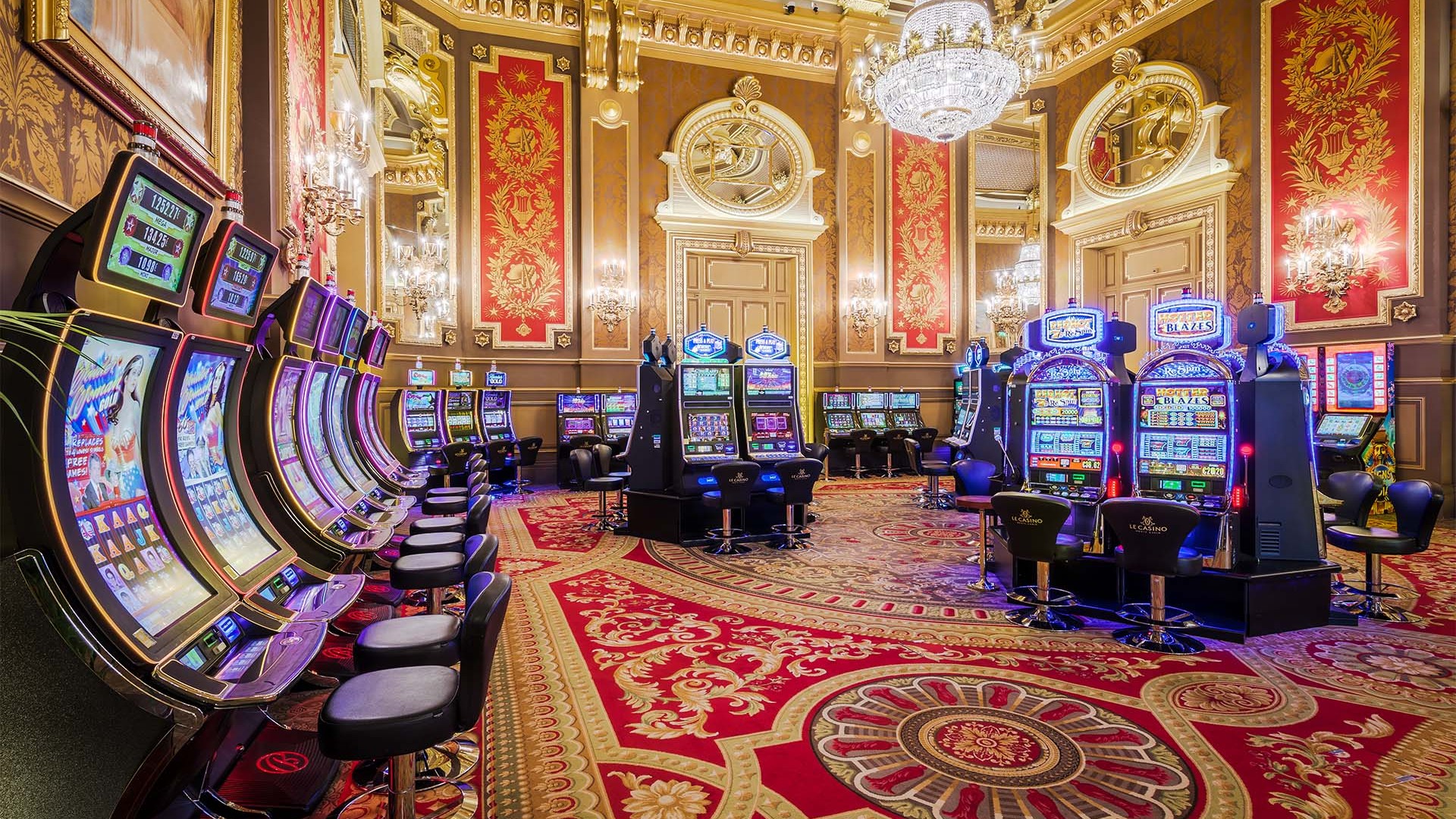
Casino games have long been a significant aspect of human culture, delivering not just entertainment but a fascinating reflection of our dreams, ambitions, and concerns. From the spinning reels of a slot machine to the skill-based strategies of poker, these games encapsulate a spectrum of human sentiments and incidents. At their core, casino games are more than a chance to win money; they are a microcosm of life itself, where danger and gain merge and luck can change in an eye blink.
As players assemble around tables or sit in front of glowing machines, they participate in a ceremony that transcends mere gambling. These games echo our natural desires for connection, adventure, and the search for fortune. They also disclose deeper truths about human psychology, such as our relationship with luck and the adrenaline of uncertainty. In exploring casino games, we uncover not only the rules of play but also the complex weave of the human journey, showcasing our woven narratives of hope and reality. Bắn Cá FB88
The Psychology of Gambling
Gambling is deeply rooted in human psychology, appealing to various emotions and desires. The thrill of taking risks is a core aspect that draws players in, be it the thrill of spinning a roulette or the anticipation of drawing a winning hand in a poker game. This adrenaline is frequently likened to other forms of excitement, as the uncertainty of outcomes elicits a distinct psychological response. Players often become entranced by the possibility of winning big, leading to an almost magnetic draw toward gambling games. FB88
Additionally, a crucial component of the psychology behind gambling is the concept of optimism and ambition. Players often nourish dreams of financial freedom and the luxurious lifestyle that can follow winning. This optimism fuels their continued participation in gambling, as it provides a sense of meaning and the belief that a transformative win could be just one wager away. The narrative of overcoming odds and achieving success resonates with many, reinforcing their commitment to play and involve themselves with these games.
Finally, social aspects play a significant role in gambling psychology. Gambling venues are designed to promote social interaction, where players gather to share the experience of wins and losses. This communal aspect not only amplifies enjoyment but also affects behavior, as individuals often mimic the actions of others around them. The social validation found in mutual thrill can magnify the emotional experience, making casino games a reflection of not just personal desires but also shared involvement within the gaming community.
## The Dual Nature of Risk and Reward
Gambling games embody the subtle balance between risk and gain that resonates profoundly with human psychology. The thrill of placing a bet is often accompanied by a jolt of energy, as gamblers are confronted with the possibility of winning big, yet fully aware of the risk to lose. This twofold experience reflects a essential aspect of life: the choices we make often come with built-in risks, and the chase for gain can compel us to make risky moves we might not otherwise consider. In this way, gambling activities mirror real-world choices, enticing gamblers to risk not just their funds, but also their aspirations.
The allure of jackpot prizes and winnings fuels a feeling of positivity, inspiring gamblers to dream of a brighter future that could arise from a single victorious spin of the roulette or dealing of a hand. This hope can drive individuals to engage in more daring actions, urging them to extend their limits in search of financial gain. However, just as in life, the results of these decisions can lead to both triumph and loss. The stories of both jackpot winners and those who have lost everything at the casino demonstrate the chaotic nature of luck and its significant repercussions on our lives.
Ultimately, the interaction of engaging with gambling activities serves as a vivid illustration of the nature of humanity. Every game played is imbued with the tension of uncertainty, as players weigh the rewards against the risks. This dynamic not only highlights the thrill that comes with betting but also unveils the risks that come with the longing for more. As we navigate the complexities of decision-making and results in both the gambling world and in life, we find that the search for benefit shapes our identities and lives in profound ways.
Society and Loneliness in Casino Environment
Casino culture is a special blend of communal interaction and individual pursuit, reflecting the dualities of human experience. Players often gather around tables, sharing in the excitement of the game, rejoicing in wins, and commiserating over losses. This communal aspect is essential, as it fosters a sense of community and bonding among varied groups of individuals. Regular attendees to gaming establishments may form friendships and develop routines, turning the gambling venue into a second home where they experience linked to a larger community of players.
However, the appeal of gambling activities can also lead to isolation. As individuals become immersed in the thrill of gambling, they may isolate from personal connections or neglect to interact with the world outside the casino. For some, the search of a jackpot can distract from genuine connections, leading to isolation. The situation of being among people yet feeling solitary is not rare, as the attention shifts from shared enjoyment to the individual stakes of each player’s journey.
This interaction of society and isolation creates a vivid tapestry that defines casino atmosphere. It highlights the intricacy of social interactions, where joy and despair coexist. Casinos serve as both a sanctuary for social engagement and a platform for individual challenges, illustrating how intimately connected our desire for connection and the individual quest for wealth can be. In navigating this landscape, gamblers confront their own stories—seeking both the thrill of the wager and the fellowship of other players, ultimately reflecting the wider spectrum of individual experience.
